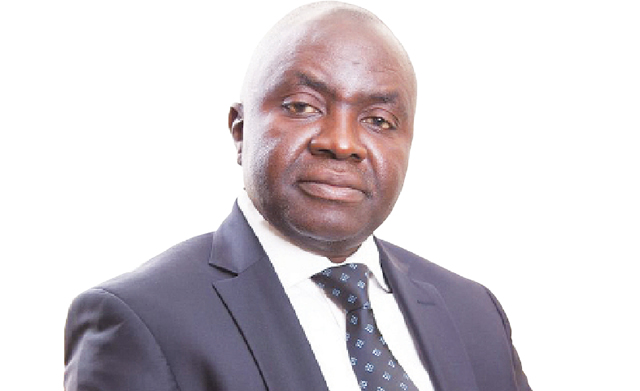
The Chief Executive Officer of the CPPE, Dr Muda Yusuf, has called on the government to liberalise or strengthen the credit guarantee scheme for SMEs.
In a telephone conversation with The Punch, he encouraged the government to also patronise what the SMEs produce.
“On the part of the government, there is a need for better concessionary financing, many SMEs are still complaining about the lack of access, to concessionary credit,” he said.
According to him, there can be a framework, particularly by government institutions to ensure that there is a policy of patronising what the SMEs produce in Nigeria, rather than buying imported products.
Yusuf also advised Small and Medium Enterprises to form industrial clusters to ensure a sustainable business system amid the economic crunch.
“Then for those of them in production, the government should strengthen their intervention in the area of industrial packs, because if they are in a cluster it will be easier to support them, than if they are scattered around the place. Some of them complain of a lack of a good place to stay. Some are staying in locations where neighbours are complaining because they are operating in a residential location.
“However, if we can have most of these industrial packs all over the country, it will help. So, a cluster approach to SMEs in production will help.
Yusuf added that SMEs have to watch their cost as much as they can because “we have high consumer resistance due to weak purchasing power. So they have to find alternative cost-cut solutions. They can also look closely at the option of import substitution because part of the challenge is the cost of importation.”
Yusuf stressed the need for dexterity when interfacing with the market, especially as consumer preferences are changing, their priorities are changing.
He urged SMEs to reflect the current market realities in their business models.
More so, the Vice President of Lagos Chamber of Commerce and Industry, Gabriel Idahosa, during an interview with the PUNCH, said the SME sector which contributes about 48 per cent to the nominal gross domestic product would continue to weaken if vital measures are not taken.
He noted, “If we want to bring about a reversal in the death of SMEs, then we need to address several reasons. One is the cost of production; SMEs carry the heavy burden of production and there are issues with the cost of power too.
“Also, they can provide SMEs with the basic tools they need in an environment where it costs less. For instance, in Lagos, we have the fashion cluster in Allen, where all the machines required by the fashion industry to make clothes are available with a power supply.”
He declared that just fashion designers need to take their fabrics to the cluster and do their work, having just to pay a small stipend to the production-sharing facilities or clusters.





